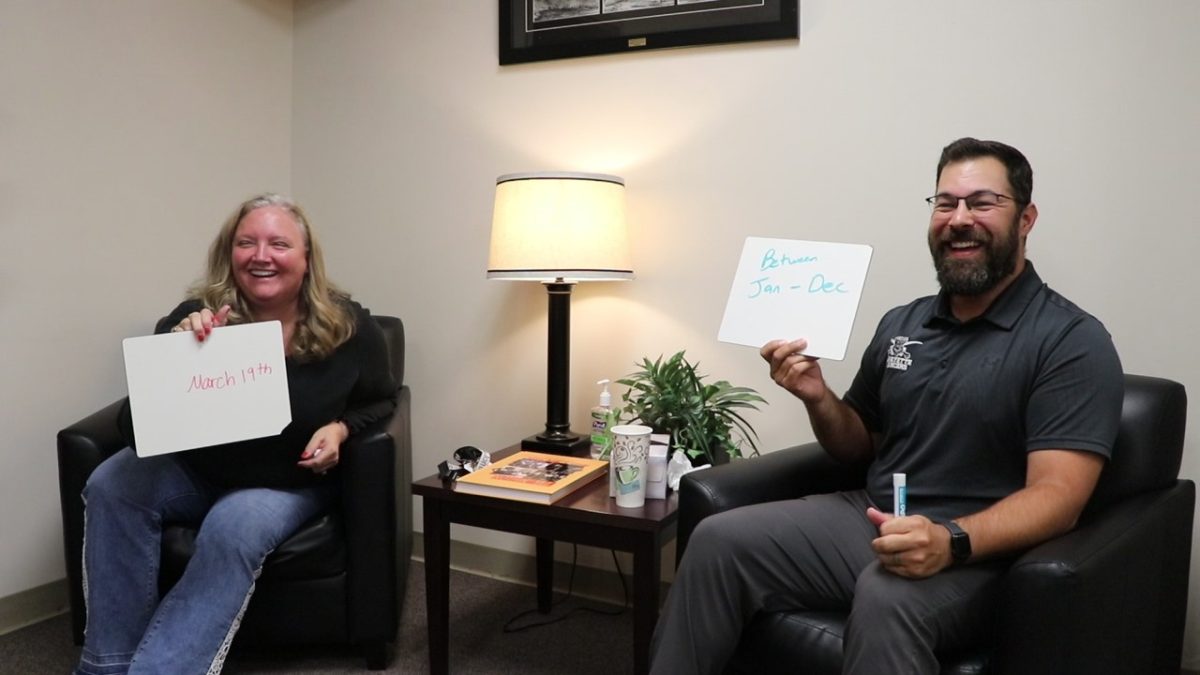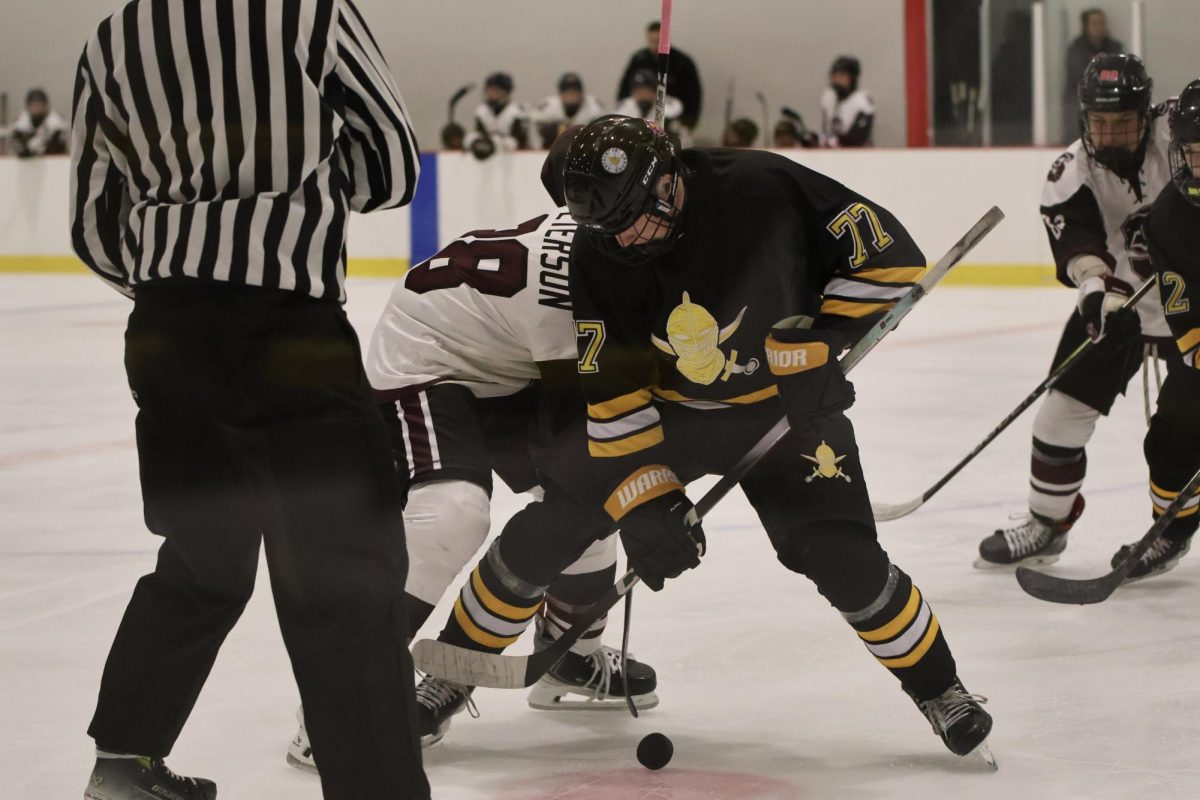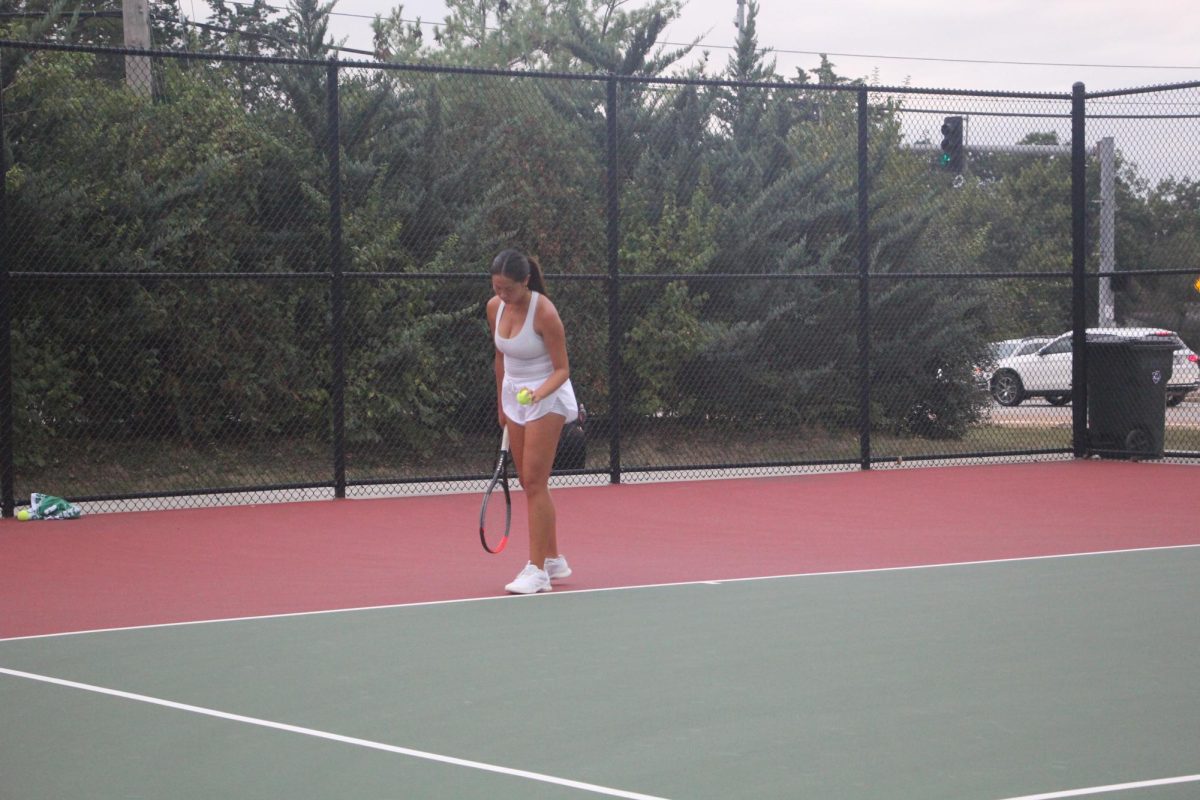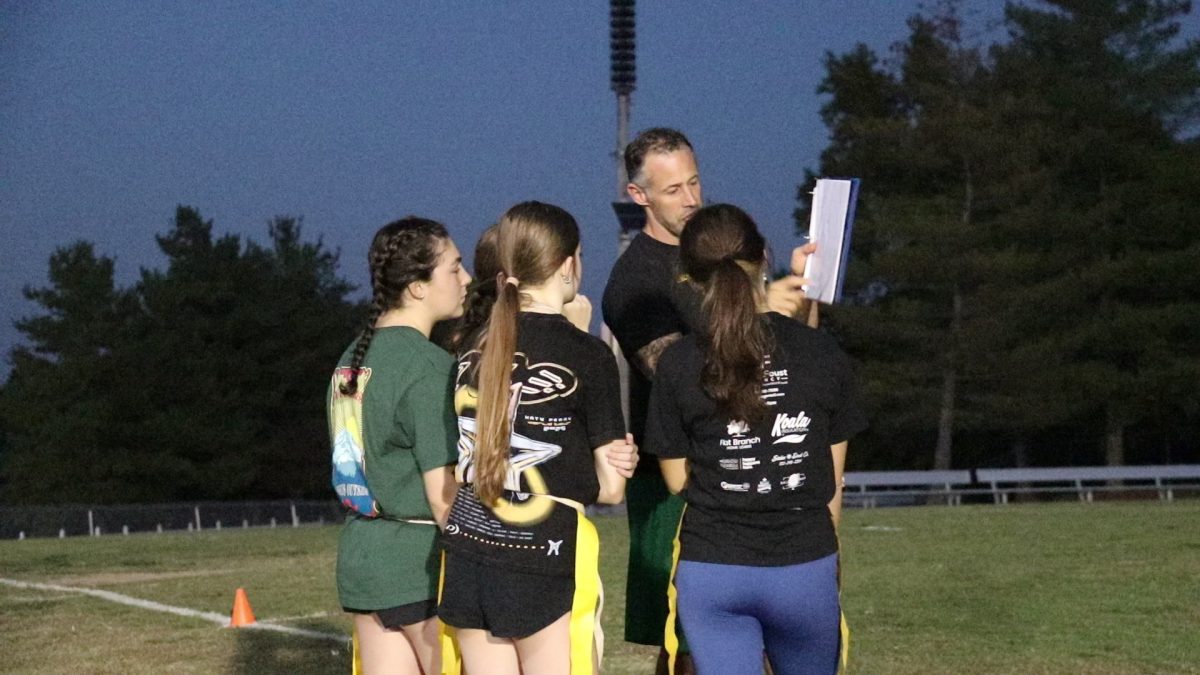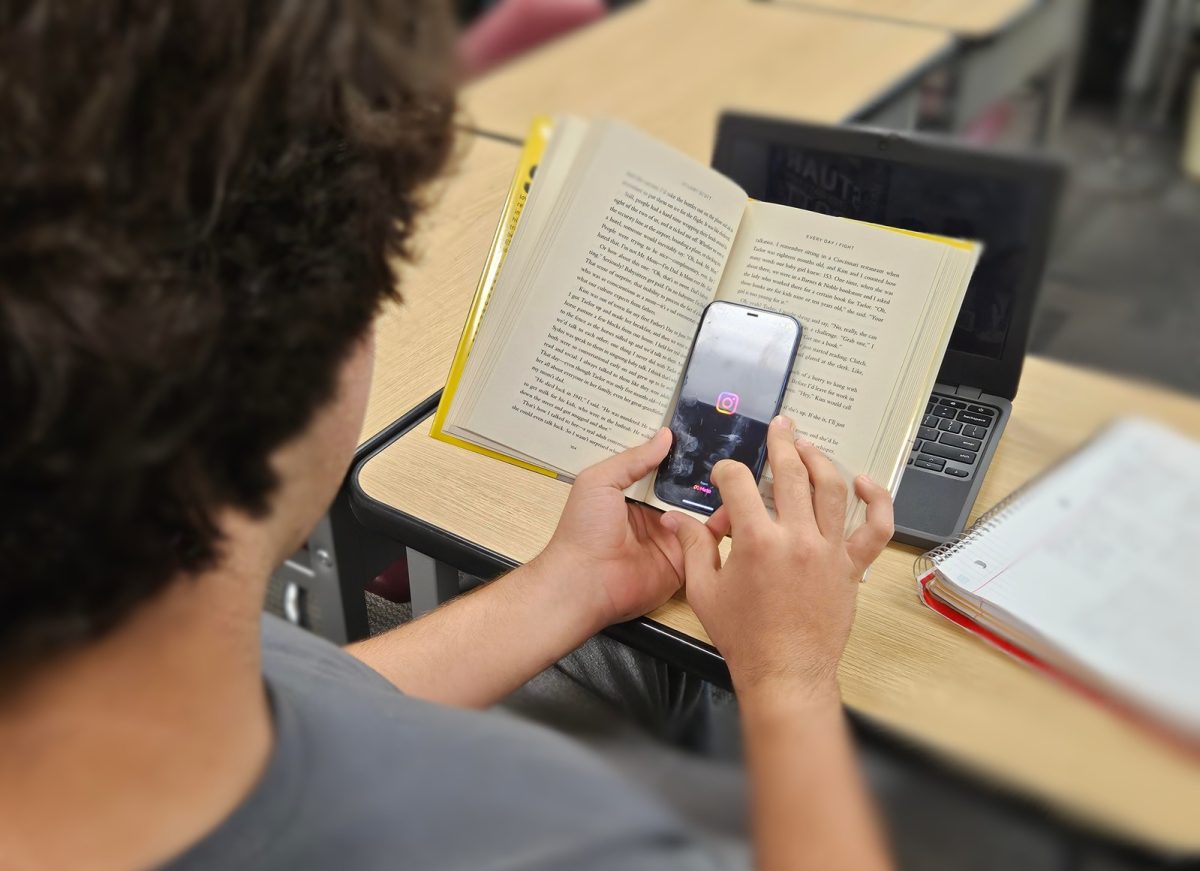The new policy banning phone usage in schools has taken effect, but how much have things really changed? Well, for the most part, the phone ban has done little to crack down on students’ phone usage. Many students, like myself, have found ways to evade detection while using phones, leading to a relatively similar average weekly phone usage. As someone who frequently disobeys the ban, I’ve noticed that it’s entirely possible to just walk down the hallway, phone in hand and receive no reprimands. In preparation for this article I’ve used my phone more frequently than before, and not once have I been called out, even when passing staff members who take notice of me.
While many teachers are strict about phones, it seems like the same amount are either lax or unobservant. There is no enforcement for this policy, contrasting what was stated at the beginning of the year, as many teachers just give countless empty warnings. This lack of effort from staff has only given students a false sense of security and as the year progresses many students are putting less effort into hiding their phones. One of the most frequent methods I’ve seen is shielding a phone with a Chromebook, which seems obvious but works. Smart watches and other devices like wireless earbuds are also meant to be banned, however there has been even less enforcement, encouraging students even more to continue using devices.


In a poll conducted by The Lancer Feed, students were anonymously questioned about their weekly phone usage before and after the phone ban. According to the poll, phone usage actually increased after the ban, with more students using their phones more than once per day. Further questioning showed that freshmen accounted for the increase in phone usage, as many claimed their middle schools were much stricter with phones.
However, this poll may not truly represent the amount of students who use their phones frequently in schools, as many were hesitant to truthfully answer in fear of getting in trouble.
Overall, the phone ban has been a complete failure and has had no effect on phone usage in upperclassmen, and some freshmen even found it easier to use their phones now that they are in high school. I don’t think this will come as a surprise to many students and staff, as students have always found a way to disobey rules and the severity of this law has nothing to back it up.
Even if the phone ban was effective, I don’t believe it would have an effect on students paying attention in class. Some students just don’t want to participate and they would find a way to entertain themselves or even sleep through class. Whether it be through watching sports games on Chromebooks, drawing or simply zoning out, students will find a way to ignore their teacher and banning phones won’t change that. While in theory the phone ban may be beneficial to prevent distractions, in practice it lacks actual effect as students just substitute other distractions for their phones, but for now, open defiance of the phone ban is entirely possible as students still openly have phones on their desks in classes and have them in hand in the hallways.

